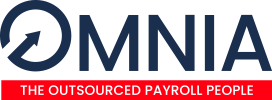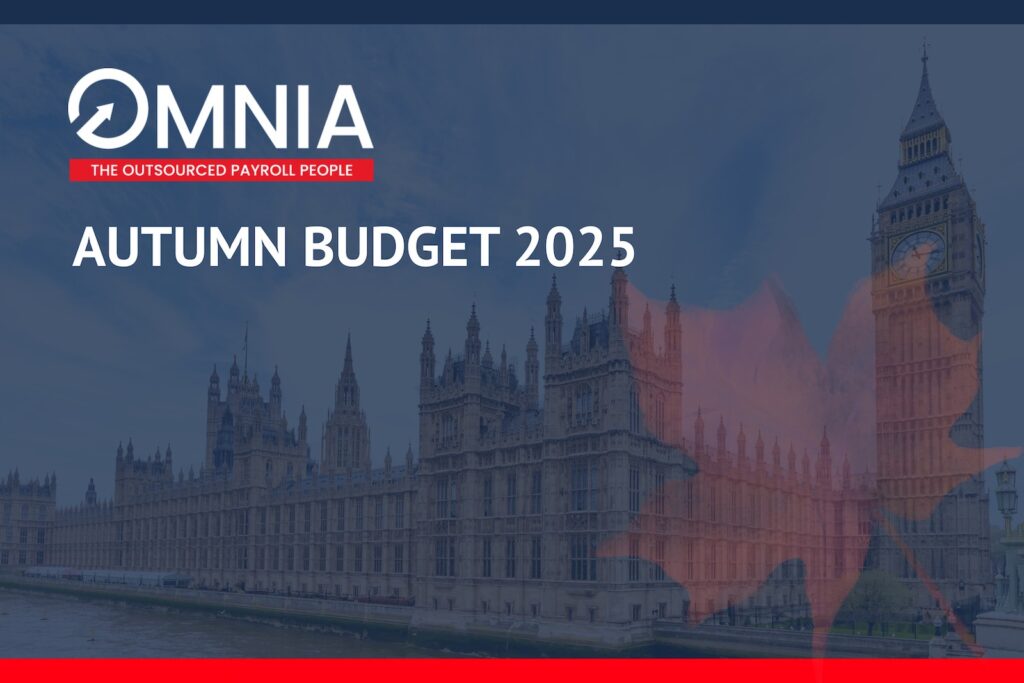Autumn Budget November 2025
What the Changes Mean for Employers and Payroll
The Chancellor Of The Exchequer, Rachel Reeves, has announced a series of reforms in the Autumn Budget 2025 that will affect savings, pensions, pay and payroll costs over the coming years. While headline income tax and National Insurance (NI) rates remain unchanged, changes to salary-sacrifice pension relief, ISA rules, minimum wage rates as well as the continued freeze on tax thresholds will have a direct operational impact on employers, employees and payroll providers.
Key Changes Announced
National Living Wage and National Minimum Wage
Pay for millions of workers is set to rise from April 2026, with the National Living Wage for those aged 21 and over increasing by 4.1%, from £12.21 to £12.71 an hour.
For workers aged 18–20, the National Minimum Wage rate will increase 8.5%, taking their hourly rate from £10.00 to £10.85.
The rate for 16–17 year olds and apprentices will rise by 6% to £8.00 an hour.
However, the government’s continued freeze on tax thresholds means that higher gross pay will not necessarily translate into the same level of increase in take-home pay for all workers.
Individual Savings Accounts (ISAs)
The overall annual ISA allowance will remain at £20,000. However, from 2026 £8,000 of this allowance will be reserved for investments only, changing how savers can allocate their tax-free savings. Individuals aged 65 and over will continue to have access to the full £20,000 as a cash ISA allowance.
Pension Salary-Sacrifice Relief
From April 2029, new limits will be introduced on the National Insurance exemption for salary-sacrifice pension contributions. Under the new rules, only the first £2,000 of contributions each year will be exempt from NI. Any salary-sacrifice pension contributions above this level will become subject to both employer and employee NI, effectively capping the tax and NI advantages of these arrangements at £2,000 per annum.
Income Tax Thresholds
Although Income Tax and National Insurance rates remain unchanged, the government has confirmed that the freeze on tax-free allowances will be extended for a further three years beyond 2028. As earnings continue to rise, this is expected to push more employees into higher tax bands, increasing their overall tax liability over time.
If your business is looking for support with your payroll, talk to our team:
info@omniaoutsourcing.com
0118 3151 532


